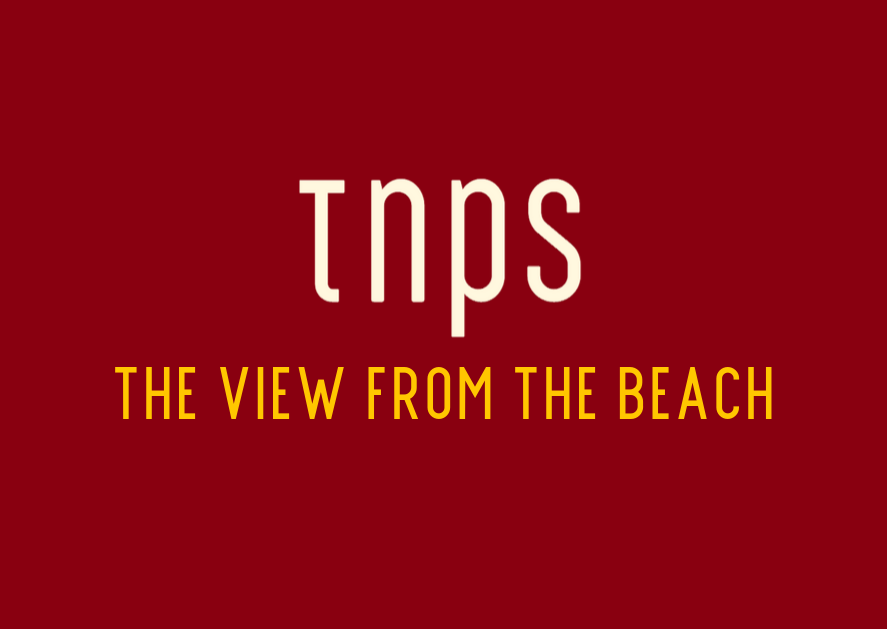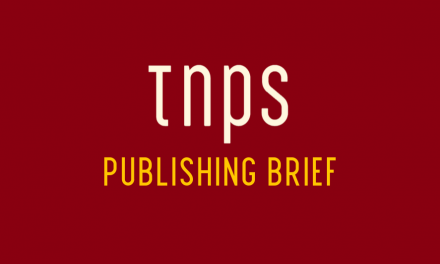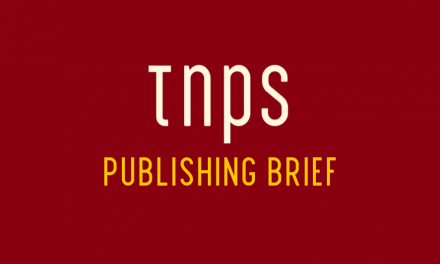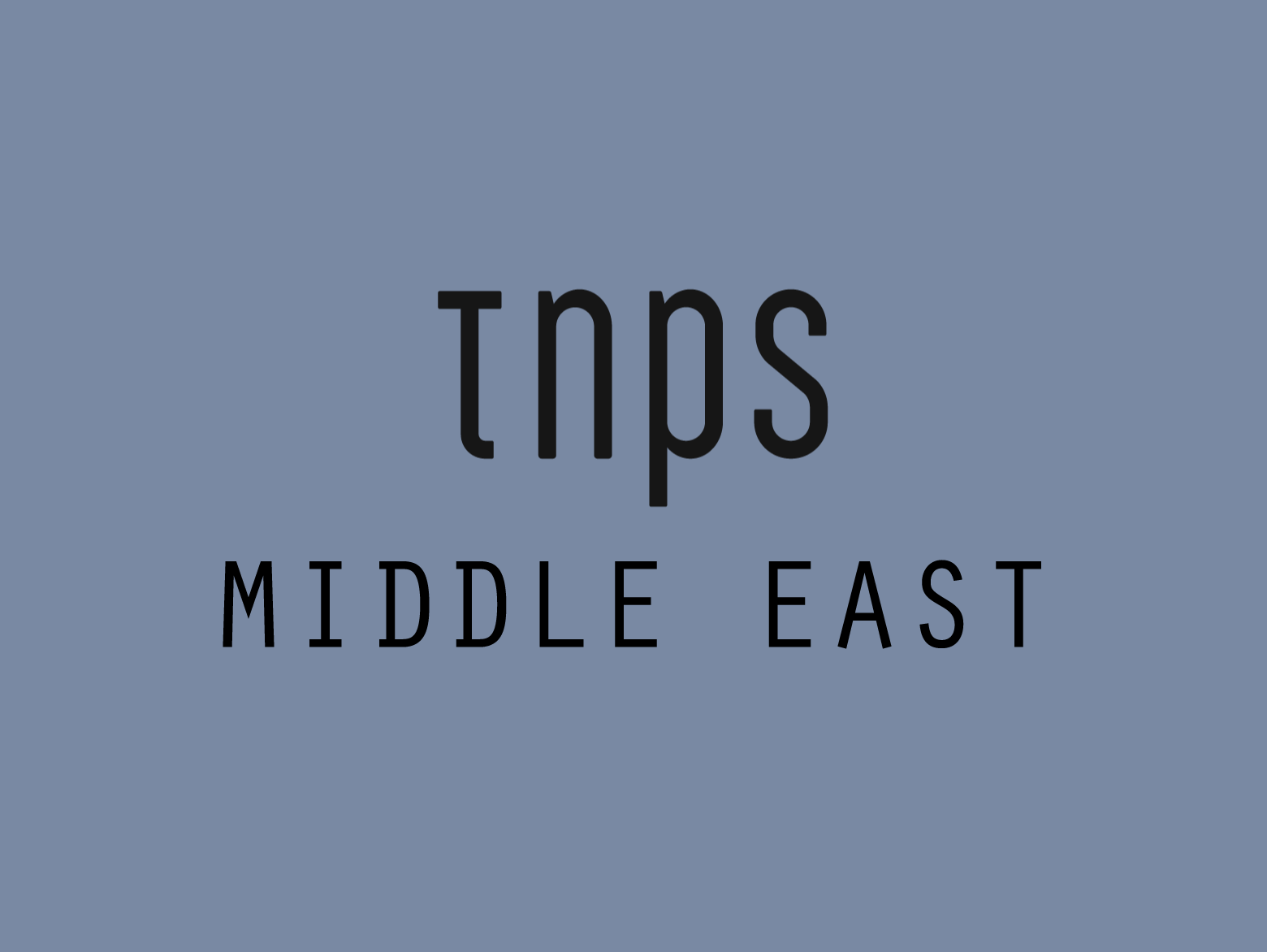1,300 unlimited-access titles is of course a drop in the Audible France ocean, but this is part of a recurring pattern for Amazon-owned Audible, which is already offering unlimited options alongside its regular credit system in multiple Audible markets.
Okay, so it’s only 1,300 titles in the new unlimited offering on Audible France alongside its regular credit subscription offering, but this comes weeks after Storytel launches in France with a tiered access model, a model lately also adopted by Spotify, Nextory and BookBeat. Just this week BookBeat went live in Italy and Spain with tiered access. Spotify of course launched in the US with tiered options.
Speculation abounds among the industry chatterati – and even from some serious commentators – that we are seeing the end of the unlimited model, but I suspect that is more wishful thinking from the industry’s conservative element than reality.
Unlimited subscription is, unsurprisingly, hugely popular with consumers, but its downside is that you pay a top rate whether you read/listen to one or two books or nine or ten. Tiered access means the lite-consumer pays less because they consume less, but still get a better deal than the credit and a la carte models offer.
Now 1,300 unlimited-access titles is of course a drop in the Audible France ocean, but this is part of a recurring pattern for Amazon-owned Audible, which is already offering unlimited options alongside its regular credit system in multiple Audible markets.
While the regular Audible Plus unlimited model offers a full compliment of original and backlist titles, the new option in France is targeting family and kids – 400 of the 1,300 titles are children’s books – and the logic here is so sound we can expect others to quickly follow suit.
Put simply, many audiobooks aimed at children are short and sweet and therefore a lower price that heftier tomes aimed at more mature audiences. Who wants to blow their monthly credit costing $15 or whatever on an hour-long $5 audiobook for their kids? This has the effect of encouraging a la carte sales from children’s audio – not to be sneezed at – but also means children’s authors/publishers miss out on a share of the unlimited pot.
The new model Amazon brings to Audible France arrives just three weeks after Storytel launched in France with tiered access, and is a clear signal to the industry that Amazon sees a future for the unlimited model.
What it means is that consumers and participating author/publishers get the best of both worlds, not just in revenue/sales but in the all-important discoverability that underpins the core appeal of the unlimited model.
Let me briefly labour that point with a quote from Michael Tamblyn, CEO of Kobo, in an interview with Ed Nawotka at Publishers Weekly.
People become more adventurous readers within a subscription. New authors, unknown authors, deep backlist—books that don’t get purchased nearly as often in single copies. It makes sense. Each book purchase is a bet—“Am I going to like this?” If you can only afford to place one bet a week or a month, you bet on the sure thing: the book that is on the bestseller list, or has just been given a great review, or the author you already know. All-you-can-read services like Kobo Plus escape that paradigm. Start a book, see if you like it, and either keep going or try something new. It has cracked open discovery in a way that publishers had always hoped. And the surprising thing is that it doesn’t appear to cannibalize single-copy sales at all. It attracts a customer who would otherwise go to the library or some other source of reading altogether.
With Spotify, Deezer and other platforms shifting their focus from music to all audio so we can expect more and more experimentation from platforms and publishers as this decade unfurls. In some markets publishers have a strong hand and can call the shots. In others not so much.
PRH famously pulled all its titles out of all unlimited model platforms, and is now stubbornly sticking to that policy regardless of the losses to its authors. We can safely say Storytel, Nextory, BookBeat and Scribd unlimited consumption revenues were not needle-movers for a multi-billion dollar publisher like PRH, but my guess is many PRH authors who were bringing in revenue streams from these unlimited-consumption markets are not celebrating.
That’s a matter of simple maths – X% of something, however small, generally tends to be preferable to 100% of nothing. Not so much for PRH, perhaps. The company can easily afford to forego smaller revenue streams to make some ill-thought-out statement about consumer preferences. And of course PRH CEO Markus Dohle is on a tidy salary and bonuses regardless of how PRH’s small-time, struggling authors, reliant on their backlist revenue streams, fare.
And that’s the thing: Publishing CEOs like Dohle wield enormous power and will try to determine the fate of consumer models to suit their own agenda, even as they talk about consumer interests. It’s exactly the same for Amazon. Often those interests coincide. It’s why PRH, and why Amazon, are so successful.
But where company interests and consumer interests diverge, the company will try tilt the playing field in its own favour. Amazon is the master of that particular art, but Dohle is not far behind. Whether it’s artificially depressing the à la carte ebook market by pricing ebooks comparable to print, or keeping front-list (and now all) titles out of unlimited subscription, the intent is to tilt the market in favour of the company.
That’s just plain good business sense, of course, and why Jeff Bezos and Markus Dohle are at the top of their respective industries.
But let’s not pretend these tactics are for the greater good of the industry, or the greater good of the consumer or the creative.
And we need to call out the hypocrisy when these industry titans blatantly juggle alternate facts to support whatever their argument of the day is.
We saw this with Markus Dohle talking about the danger unlimited subscription poses to the industry. Dohle ranted against “Swedes” invading the US market (Storytel and Spotify) with their “big bucks”.
Not a single blush at the incredible hypocrisy of the CEO of a German-owned company (one of two German-owned Big 5 publishers) ranting about two Swedish companies buying their way into the US market for a total of $257 million, at the exact same time Dohle was in Court arguing German-owned PRH should be allowed to purchase the only US-owned Big 5 publisher, for $2.2 billion.
In the above-linked TNPS post I quoted Dohle’s statement that “the readers will decide” the future of the unlimited subscription model. A fine example of saying one thing and doing another.
By removing all PRH titles from all unlimited subscription services Dohle had already decided for the reader. The unlimited option is no longer on the table because the option is now limited to titles not in the PRH catalogue. And as the worlds biggest trade publisher by far that matters. That deliberately tilts the playing field in favour of the model Dohle wants to thrive, not the model consumers might prefer, given the chance.
And right now with the tiered access subscription packages emerging we are again seeing publishers dictating what the consumers’ decision will be.
That’s how it’s always been. Hardcovers, paperbacks, trade paperbacks, pocketbooks, ebooks, ebook bundles, subscription, bricks & mortar retail, online sales, audiobooks… Consumers will – can only – make their decision based on what the publishers deem fit to make available.
Storytel and its Swedish co-riders may have been able to carry most of the Swedish publishers with them, but in the wider world publishers will call the shots whenever they can. Not for nothing is Storytel US still called Audiobooks.com – dig deep to find a mention of Storytel on the Audiobooks.com website. And according to the Storytel international homepage Storytel US does not exist! And of course Storytel is using the exact same model it inherited with the acquisition, because US publishers like PRH are deciding for consumers what subscription model choice they will have.
This same publisher resistance is of course what caused Spotify to launch in the US without its trademark unlimited offering, causing many industry commentators to gleefully call out the end of the unlimited subscription model.
So yes, right now there does appear to be a trend towards tiered access with limited subscription options. But Amazon’s Kindle Unlimited continues to buck the trend with its unlimited ebooks service.
No, you won’t find any mention of that in Markus Dohle’s set-in-stone 80-20 print-ebook market share statements.
And once again this past week we have seen Amazon introduce an unlimited option to its Audible service alongside the credit model. Note the “once again”. This is Audible’s seventh market where unlimited is either an option or the main deal. Consider: US (optional), UK (optional) , Australia (optional), Italy (unlimited only), Spain (unlimited only), India (optional) and now France (optional).
Publishers may feel complacent right now, but they should be watching Amazon closely. These Audible forays into unlimited are not for fun. They are not altruistic gestures to make consumers happy. They are to test consumer response.
And at some point Amazon will act on that new data, not in the interests of the publishers, and not in the interests of the consumers, but in the interests of Amazon.
Instead of hiding behind the path-of-least-resistance status quo publishers would do well to spread their risks more evenly across the industry’s ever-growing range of consumer options.
Because whatever the publishers might want, the retailers – Amazon, Spotify, Storytel, whichever – know the unlimited model is the most profitable for them and the preferred option of most consumers.
Spotify, Storytel et al know they cannot dictate unlimited terms to publishers. At least, not in the mature English-language markets. Amazon on the other hand, can, and while to date it has chosen not to, at some point it likely will.





Re: Michael Tamblyn’s rationale for subscription—”Start a book, see if you like it, and either keep going or try something new. It has cracked open discovery in a way that publishers had always hoped.” If we take that rationale to a logical end, then we must acknowledge that the monthly subscription fee itself stands in the way of “discovery.”
Inara gives readers a new path to discovery, “Only pay for what you read, one page at a time.” And, “When the page turns, the author earns.” Jump to any place in the book and start reading and only pay for what text you display on your screen. Inara makes this possible with streaming ebooks micropayments, which happen in real time.
We’re drowning in subscriptions. There’s an opportunity to find a fit between each offering and its appropriate monetization model.